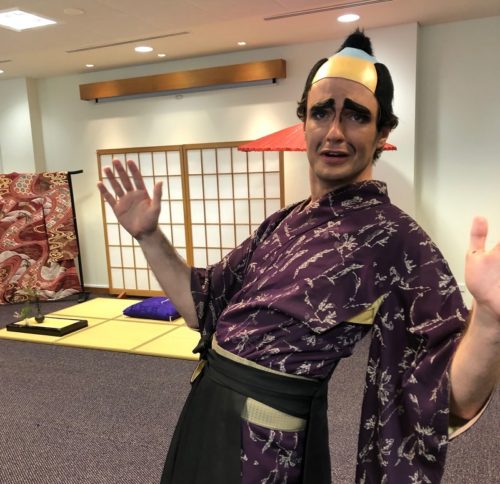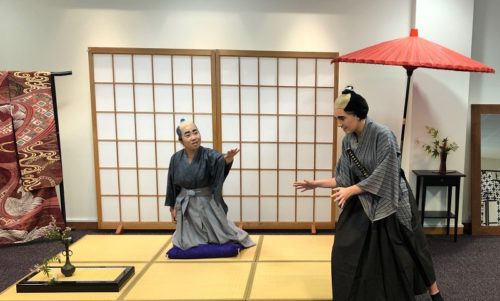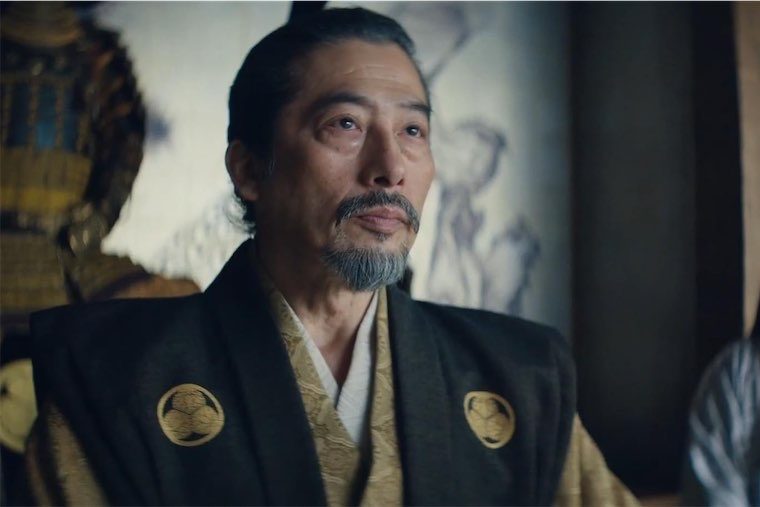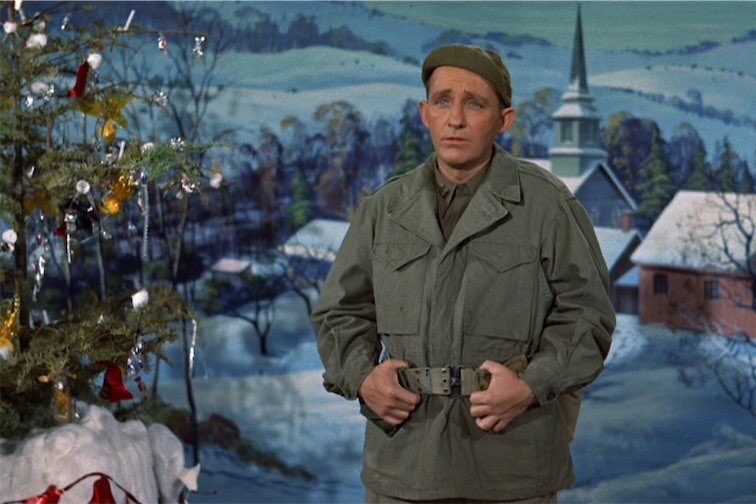
“SUICIDE, violence and death”, the content warning for ANU Za Kabuki’s 47th show, “Whisker Tweezers” reads – but this is a production with a difference.
For the first time in its history, the company, in conjunction with the Embassy of Japan and the Australia-Japan Society, will present the annual performance as a video, now on sale.
A portion of all sales will be donated to the T?hoku Youth Program, organised by the Australia–Japan Society to support school students from areas affected by the 2011 earthquake and tsunami who lost a parent or parents, by enabling them to visit Canberra during their school holidays.
Za Kabuki was founded by Shun Ikeda in 1976 and it is the longest-running Kabuki group in the southern hemisphere. It’s made up of ANU students of various nationalities who join to present an Australian version of the traditional Japanese art.

Producer-president Neha Jagannath and director Ikeda are finding the transition to screen a bit of a jump, but the cast, who can usually be found enjoying themselves at Theatre 3 applying the lavish makeup of the grand Kabuki tradition, playing gender crossover roles and practising their spoken Japanese, have adjusted quickly.
During a recent gathering in the Japanese Embassy, several actors engaged in swordplay while explaining that even though it was good language practice, the words were largely the equivalent of Shakespearean English.
The Kabuki tradition, however, is not an esoteric one but rather a hugely popular theatre form which survives in modern-day Japan, with fan clubs for the Kabuki players and their comedy counterparts in Kyogen plays. I’m a fan myself.
Unlike western theatre, the convention is to go along and barrack for your favourite actors, so that instead of calling out “Go the Roosters” or “Up there Cazaly”, fans can shout out “Go the Danjûrôs”, or the family name of any one of the great acting clans. That also feels rather Shakespearean.
As for the play, it was previously staged at Theatre 3 in 2012, and in Tokyo is one of the most eccentric in the Kabuki repertoire.

“Kenuki” (Whisker Tweezers) was written in 1742 by Nakata Mansuke, officially designated as a sakusha, or “third-class playwright”, possibly because of the violence, suicide and sex in the script.
The central character, Kumedera Danjô, who swings both ways in his sexual preferences, has been praised by Japanese literary scholars as a fictional investigator who predates Sherlock Holmes by several centuries.
The plot? There are troubles in the Ono clan. Princess Nishiki’s wedding is delayed by a strange illness. Danjô is brought in to figure out what’s wrong with the princess and to solve other clan problems. He makes a move on a pretty young thing – male, then on a lady-in-waiting, who knocks him back, but after a complex side plot, he assembles the principals in a room, Hercule Poirot-style, and reveals all.
Danjô is a fabulous role for David Filing, whose main prop is a gigantic pair of tweezers (hence the title) which he uses to trim his tiny moustache.
Filing demonstrates to us the famous “Mie” of Kabuki, a grimace expressing emotion that captures the highest points of drama in the play – in this case, the moment when Danjo shouts “Yattoka totcha untoku na!” which one scholar translates loosely as “gotcha!”
“Whisker Tweezers”, Za Kabuki, available via Eventbrite for $8 until November 19.
Who can be trusted?
In a world of spin and confusion, there’s never been a more important time to support independent journalism in Canberra.
If you trust our work online and want to enforce the power of independent voices, I invite you to make a small contribution.
Every dollar of support is invested back into our journalism to help keep citynews.com.au strong and free.
Thank you,
Ian Meikle, editor




Leave a Reply